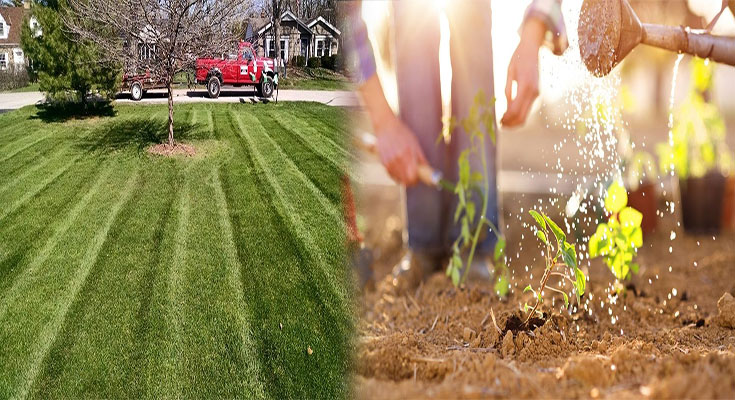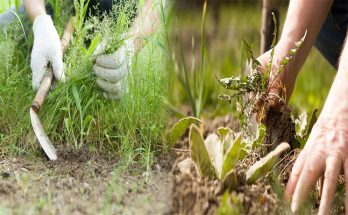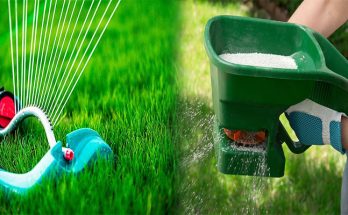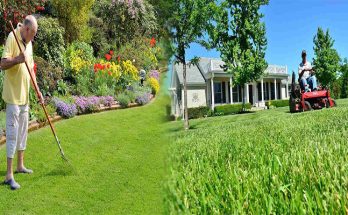Maintaining a lush and vibrant lawn doesn’t have to involve the use of harmful chemicals and synthetic fertilizers. In fact, there are plenty of effective organic lawn care practices that can help you achieve a healthy and environmentally friendly yard. In this article, we will explore some of the best practices for organic lawn care, allowing you to create a beautiful lawn without compromising the health of your family, pets, and the planet.
1. Proper Mowing Techniques
Proper mowing techniques play a crucial role in the overall health of your lawn. When mowing, be sure to follow the “one-third” rule, which states that you should never remove more than one-third of the grass blade in a single mowing session. This ensures that your grass remains resilient and minimizes stress. Additionally, set your mower blades to a higher level to encourage deeper root growth and shade out weeds naturally.
2. Regular Aeration
Aerating your lawn helps improve soil compaction and allows nutrients, water, and oxygen to reach the grassroots. By perforating the soil, you create channels for better airflow and water absorption. You can use a manual or mechanical aerator to punch holes in your lawn, or hire a professional to do the job. Regular aeration, usually done once or twice a year, promotes healthy root development and leads to a greener and more robust turf.
3. Soil Testing and Amendments
Understanding the specific needs of your soil is essential for effective organic lawn care. Conducting a soil test can help you identify any imbalances or deficiencies in nutrients and pH levels. Based on the results, you can apply organic soil amendments, such as compost, organic fertilizers, or lime, to improve the overall health of your soil. Properly nourished soil provides a solid foundation for healthy and resilient grass, reducing the need for chemical additives.
4. Natural Weed Control
Weeds can be an ongoing battle in any lawn, but there are organic methods to combat them effectively. Regularly mowing at the correct height can prevent weed seeds from germinating, as it blocks sunlight and creates shading. Additionally, manually pulling weeds or using a specialized weeding tool is an eco-friendly way to control them. Natural herbicides with ingredients such as vinegar or corn gluten meal can also be used as spot treatments. Maintaining a thick and healthy lawn through proper watering and soil care techniques will further discourage weed growth.
5. Water Conservation Practices
Conserving water is not only beneficial for the environment but also for the long-term health of your lawn. Water deeply and infrequently to encourage deep root growth, making the grass more resistant to drought and disease. Water early in the morning to reduce evaporation loss, and consider installing a rain barrel to collect and use rainwater for irrigation. Furthermore, ensuring your lawn receives adequate shade, using mulch to retain moisture, and avoiding overwatering can all contribute to water conservation efforts.
6. Natural Pest Management
Promote a balanced ecosystem in your lawn by encouraging natural pest control measures. Introduce beneficial insects such as ladybugs, lacewings, or nematodes that prey on common lawn pests, like aphids or grubs. Planting native flowering plants can attract pollinators, which in turn encourage natural predators to thrive. If pest infestations become a persistent problem, organic insecticidal soaps, neem oil, or other plant-based solutions can be used as a last resort.
Organic lawn care practices offer effective and sustainable methods for maintaining a healthy and vibrant lawn. By following proper mowing techniques, regular aeration, soil testing and amendments, natural weed control methods, water conservation practices, and natural pest management techniques, you can create an environmentally friendly yard that is safe for your family, pets, and the planet. Embrace the beauty of organic lawn care and enjoy the benefits of a thriving, chemical-free lawn.





